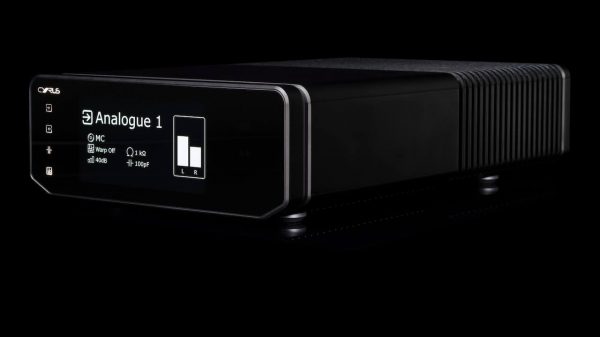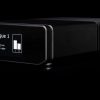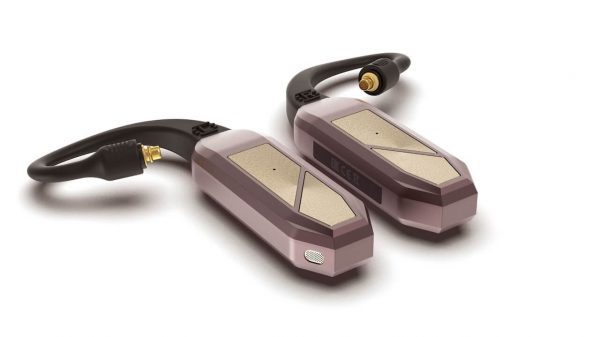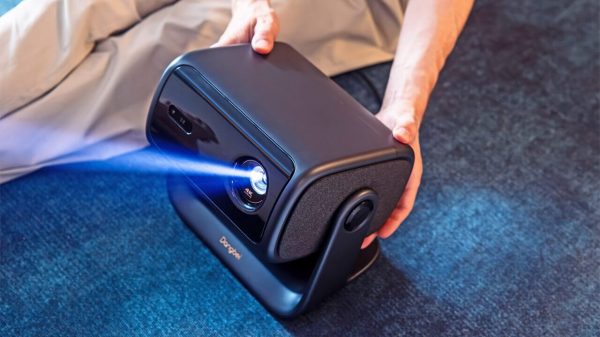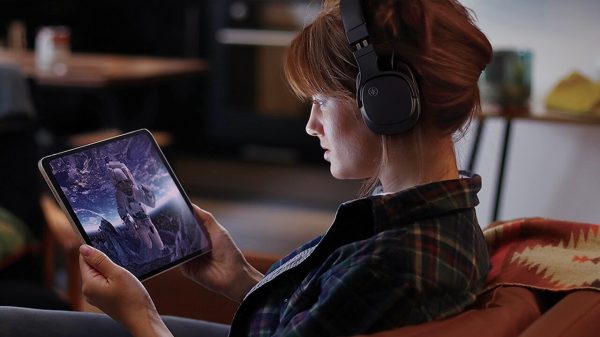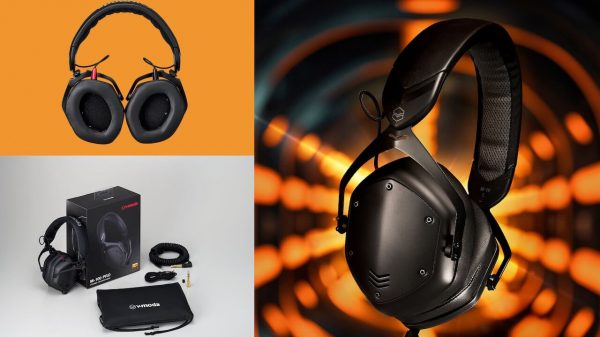Corporations go to great lengths to protect systems from malware–a threat that only seems to worsen as time goes on. Keeping anti-malware software constantly updated, and ensuring virus scans and performed on all company computers regularly is part and parcel of propertly maintaining a computer system. What many IT personnel may not realize, however, is the impact of disk file fragmentation on virus scan run times.
When files are split into hundreds or even thousands of fragments (a not-uncommon scenario today), a virus scan will of course take significantly longer having to scan each fragment of each file. Not only do longer virus scans mean higher susceptibility to quickly catching and heading off viruses, spyware or worms, it also means a greater tax on system resources. Regularly defragmenting drives can significantly reduce the time it takes to perform regular antivirus scans, increasing the operating safety of an enterprise’s computers as well as economizing on resources.
Keeping hard drives fragmentation free, however, can be more of a task than it used to be. Because of exponentially increasing disk capacity, as well as ever-increasing file sizes, fragmentation occurs at higher-than-ever rates. This could mean that, with many defragmentation solutions, fragmentation is not being completely eliminated, and the effort may still result in longer-than-needed antivirus scans.
Therefore, it is not only important to employ a defragmentation solution–attention should be paid to the defragmentation technology as well. For most sites, manual defragmentation–the launching of a defragmenter system-by-system when desired or needed–is no longer an option due to fragmentation levels and time required for a defragmenter to run. For many years, defragmenters have been available with scheduling options which would allow specific times for defragmentation to be set.
In the last few years, however, even scheduled defragmentation is starting to become out-of-date–it simply cannot keep up with fragmentation rates and disk sizes, and evolution of defragmentation technology that will work constantly in the background has begun to appear.
The malware threat is always there. The solution is to always keep your anti-malware solution up-to-date, regularly perform antivirus scans of all systems, and keep disks thoroughly defragmented so antivirus scans use the least amount of time and system resources possible.


